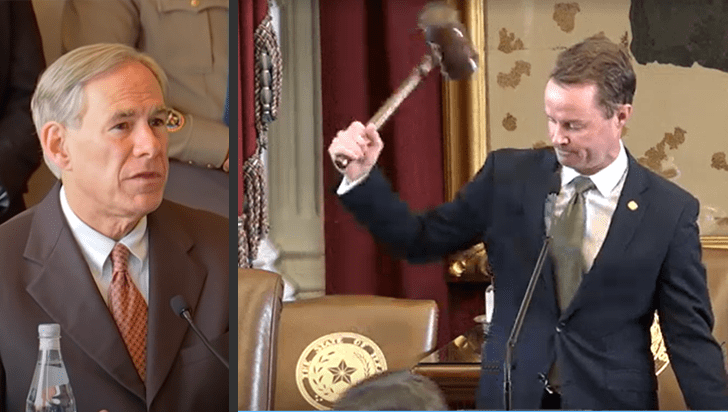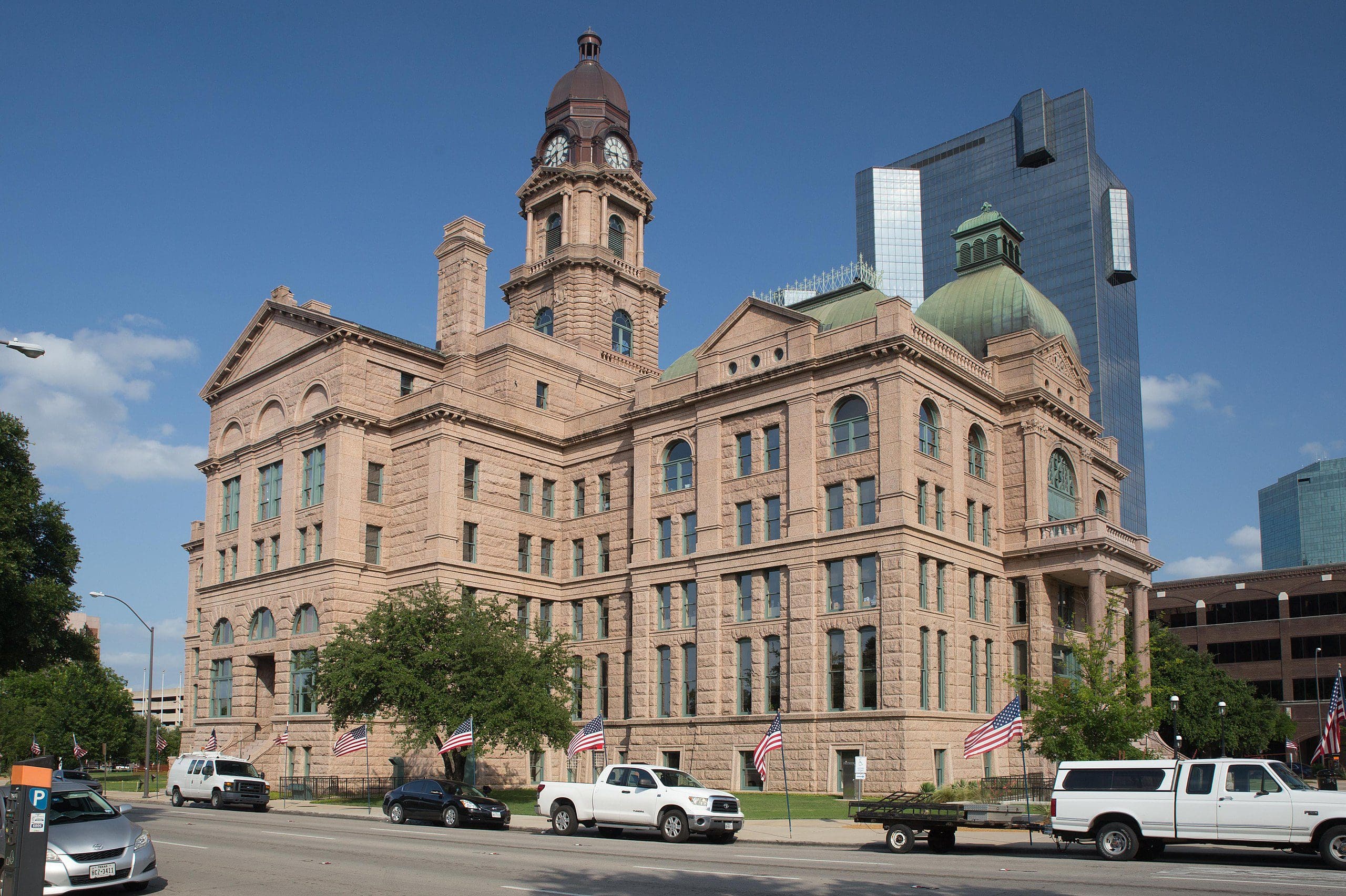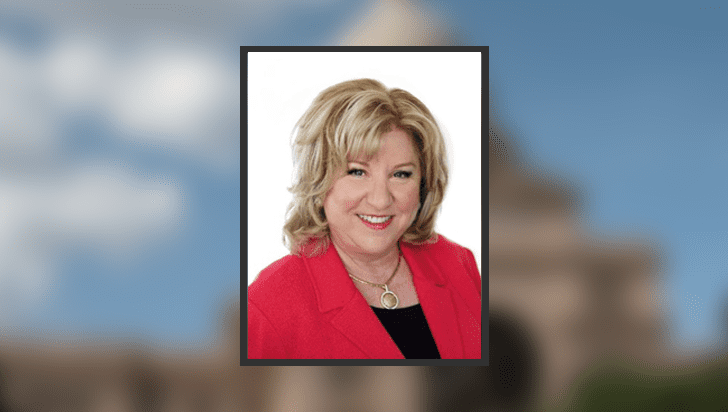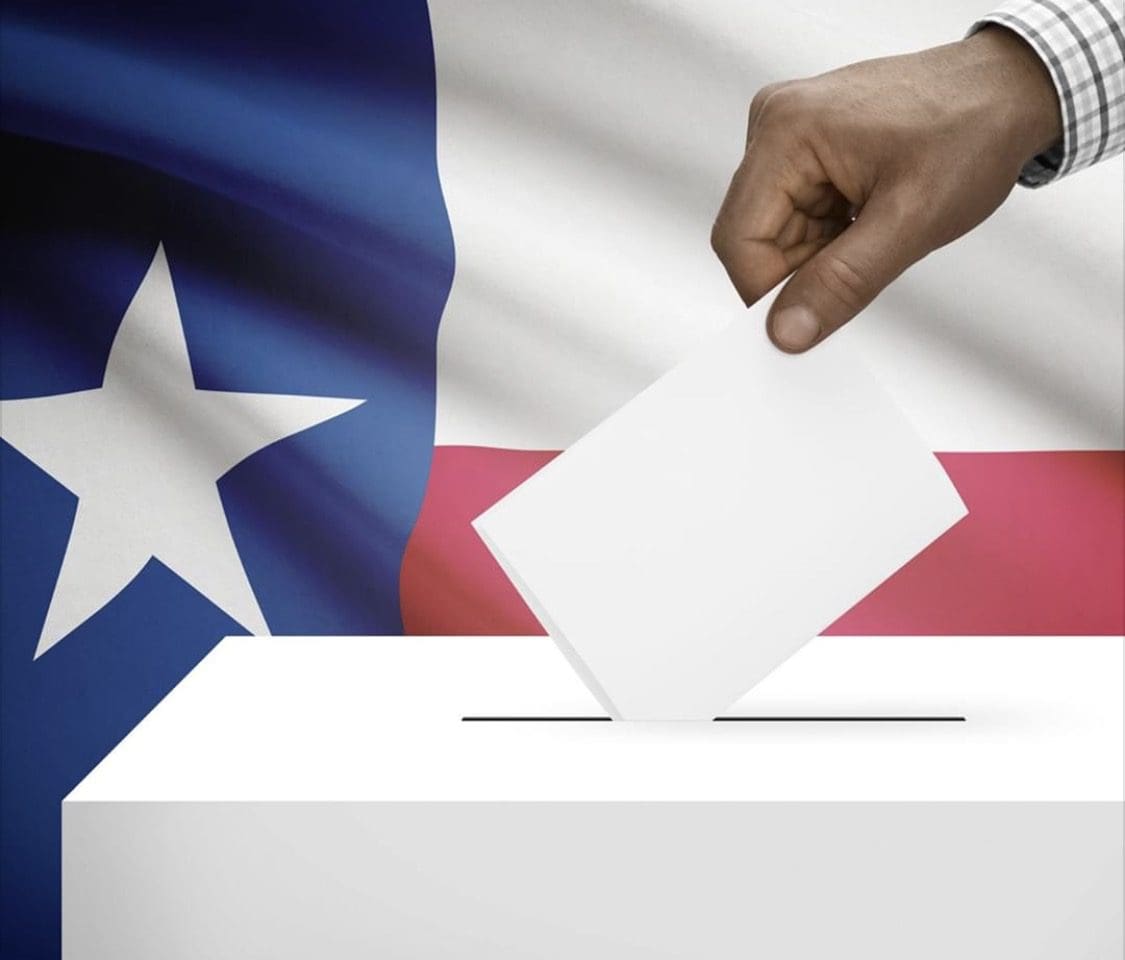UPDATED October 2.
Amid a voter-fraud feud between Texas’ “Big Three” politicians—Gov. Greg Abbott, Lt. Gov. Dan Patrick, and House Speaker Dade Phelan—sparked by grassroots activists demanding action, two Republican lawmakers filed legislation Friday to fix a provision in the GOP’s signature election integrity law that actually weakened penalties for cheaters.
Abbott and Patrick are publicly siding with GOP grassroots’ call to keep illegal voting a felony, but Phelan is shutting them down.
Meanwhile, the author of the original election integrity bill, State Sen. Bryan Hughes (R–Mineola), filed a fix.
On Friday, Hughes and State Rep. Mayes Middleton (R–Wallisville) filed identical bills that undo the Legislature’s unexplained decriminalization of illegal voting—a collection of offenses that includes stealing votes, double voting, and other forms of cheating—and keep the current felony penalties:
“An offense under this section is a felony of the second degree unless the person is convicted of an attempt. In that case, the offense is a state jail felony.”
Hughes’ bill is already scheduled for a public hearing on Monday.
How We Got Here
“Who in their right mind would agree to reducing the criminal penalties for voter fraud?” asked conservative grassroots leader JoAnn Fleming.
It turned out that Republican lawmakers did, as Texas Scorecard reported last week.
Fleming’s group was the first to discover that a last-minute change to Senate Bill 1—comprehensive election reform passed during the second special legislative session in August—lowered the penalty for illegal voting, from a second-degree felony to a Class A misdemeanor.
It was the exact opposite of what Texas GOP grassroots and election integrity advocates told lawmakers they wanted.
Since then, they’ve been pushing politicians to fix it.
On Thursday, 10 days after grassroots first called out the last-minute election bill switch, Abbott added the voter fraud fix to his agenda for the ongoing third special session.
Patrick quickly backed Abbott’s move, claiming they and Attorney General Ken Paxton had “found” the problem and “agreed it must be corrected.”
The political feud erupted later on Thursday when Phelan tweeted he wasn’t interested in restoring the stronger fraud penalties.
It continued with Fleming lobbing more questions at Patrick in a Thursday night email blast:
Help us out here! Final SB1 was reviewed by the AG’s Office, your Senate Conference Committee accepted bad House Amendment 50 (Allison-R), and Gov. Abbott signed the bill into LAW amid much confetti tossing!
Are you saying your conference committee didn’t know what they approved?
Are you saying Gov. Abbott signed the bill not knowing SB 1 lowered the criminal penalties for voter fraud from a 2nd Degree Felony to a Class A Misdemeanor?
Wow! I guess you had to pass the bill and the Governor had to sign it before you guys knew what was in it!
What’s Next
Hughes’ Senate Bill 9 is set be heard in the Senate State Affairs Committee on Monday morning at 9 a.m.
The Senate doesn’t accept public comments online, but citizens can email all committee members at scstate.affairs@senate.texas.gov. Individual state lawmakers’ contact information can be found in the Texas Directory.
In addition to Middleton, Republican State Reps. James White (Hillister), Tony Tinderholt (Arlington), and Keith Bell (Forney) have said they support grassroots’ calls to restore stronger voter fraud penalties. So have Texas GOP Chairman Matt Rinaldi and the party’s Legislative Priorities Chair Jill Glover. Election integrity—including setting felony penalties for election fraud—was GOP grassroots’ top priority for 2021.
But at this point, it appears Phelan won’t allow the House to act on the issue, meaning the weaker fraud penalties will take effect on December 2.
House Republicans have yet to offer any explanation for why they agreed to downgrade the penalties for voter fraud in the first place.





